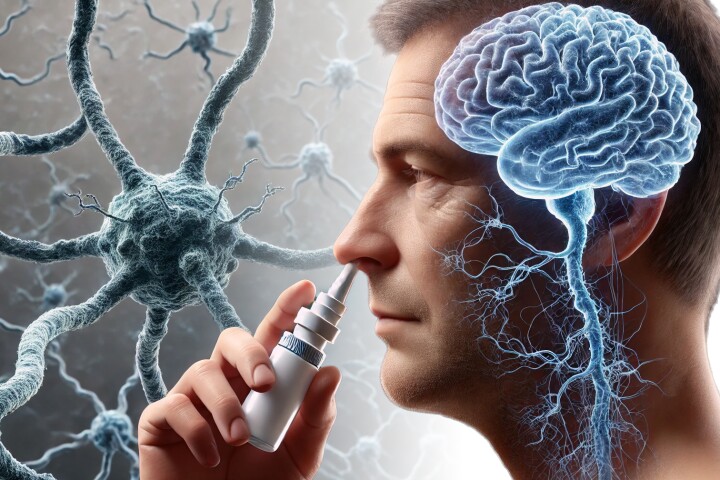As well as being the third largest source of vegetable oil in the world – after soybean and oil palm – rapeseed (also known as rape, oilseed rape, rapa, rappi and rapeseed) is cultivated in Europe primarily for animal feed. But due to high levels of glucosinolates that are harmful to most animals (including humans) when consumed in large amounts, its use must be limited. Now researchers at the University of Copenhagen have found a way to stop unwanted toxins entering the edible parts of the plant, thereby increasing the potential of the plant to be used as a commercial animal feed.
Unlike the healthy glucosinolates found in broccoli, the glucosinolate found in rapeseed has toxic effects in both humans and animals in high doses. It also results in feed meal that is very bitter and unappealing to animals. This has led to the development of breeds with reduced glucosinolate content, such as Canola, which produces edible oil suitable for consumption by humans. However, animal intake of the protein-rich rapeseed cake, which is produced using the byproduct of rapeseeds pressed for oil and used for pig and chicken feed, must be limited, meaning that Northern Europe still imports large amounts of soy cake for animal feed.
By uncovering two proteins responsible for transporting glucosinolates into the seeds of the thale cress plant, a close relative to the rapeseed plant, researchers from the University of Copenhagen were able to produce thale cress without these two proteins and found that their seeds were completely glucossinolate free and therefore suitable for animal feed.
Professor Barbara Ann Halkier, head of the Center of Excellence for Dynamic Molecular Interactions (DynaMo) at the University of Copenhagen’s Faculty of Science says the team calls their new technology for eliminating unwanted substances from the edible parts of plants and crops “transport engineering.”
The team’s research has attracted the attention of Bayer CropScience, one of the world’s biggest plant biotech companies, which is now negotiating with the University of Copenhagen’s Tech Transfer Unit to team up with the research group and apply their approach to producing rapeseed plants with glucosinolate-free seeds.
The team’s research is published in the journal Nature.
Source: University of Copenhagen




